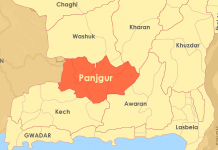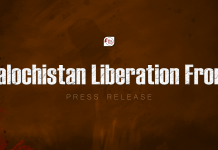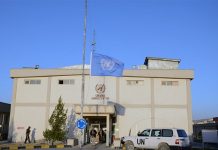Palestinian President Mahmoud Abbas, addressing the United Nations General Assembly, reiterated the importance of the two-state solution for lasting peace in the Middle East.
In his address, Abbas emphasized that lasting peace hinges on acknowledging the full and legitimate rights of the Palestinian people. The veteran leader, aged 87, urged the resumption of peace talks and called on UN Secretary-General Antonio Guterres to initiate an international conference to advance the Palestinian state’s cause.
Abbas’s plea comes against the backdrop of Saudi Arabia’s potential recognition of Israel. In a recent discussion with Fox News, Saudi Crown Prince Mohammed bin Salman acknowledged constructive talks with Israel but underscored the Palestinian issue’s centrality to Saudi interests.
Highlighting the urgency of the situation, Abbas told the assembly, “A UN-convened conference might be our final opportunity to safeguard the two-state solution and avert potential threats to regional and global peace.”
During Abbas’s speech, an Israeli representative exited the General Assembly following criticisms of Israel’s policies. Subsequently, Israel’s UN Ambassador, Gilad Erdan, spotlighted a controversial statement by Abbas regarding the Holocaust, which had drawn condemnation from Israel and other leaders. Erdan criticized Abbas, calling him an “unsuitable peace partner.”
Israeli Prime Minister Netanyahu, a day prior to Abbas’s address, hinted at the normalization of relations with Saudi Arabia in his discussions with US President Joe Biden. Historically, the US has often been the mediator in the Israel-Palestine peace process. In line with this role, President Biden reiterated the necessity of a two-state solution in his recent dialogues with Netanyahu.
Concurrently, Saudi Arabia engaged in tripartite discussions with the European Union, Jordan, and Egypt on the UN sidelines, aiming to rejuvenate the peace initiative.
Both Israel and the US maintain that Saudi-Israeli normalization could redefine the Middle Eastern geopolitical landscape.
Josep Borrell, the European Union’s foreign policy chief, reaffirmed that the most viable resolution to the Israeli-Palestinian deadlock remains the two-state approach.
Netanyahu, scheduled to speak to the General Assembly soon, has expressed that geopolitical priorities in the Middle East are evolving, suggesting a hope that normalization with Arab nations might diminish the longstanding Palestinian issue.






























